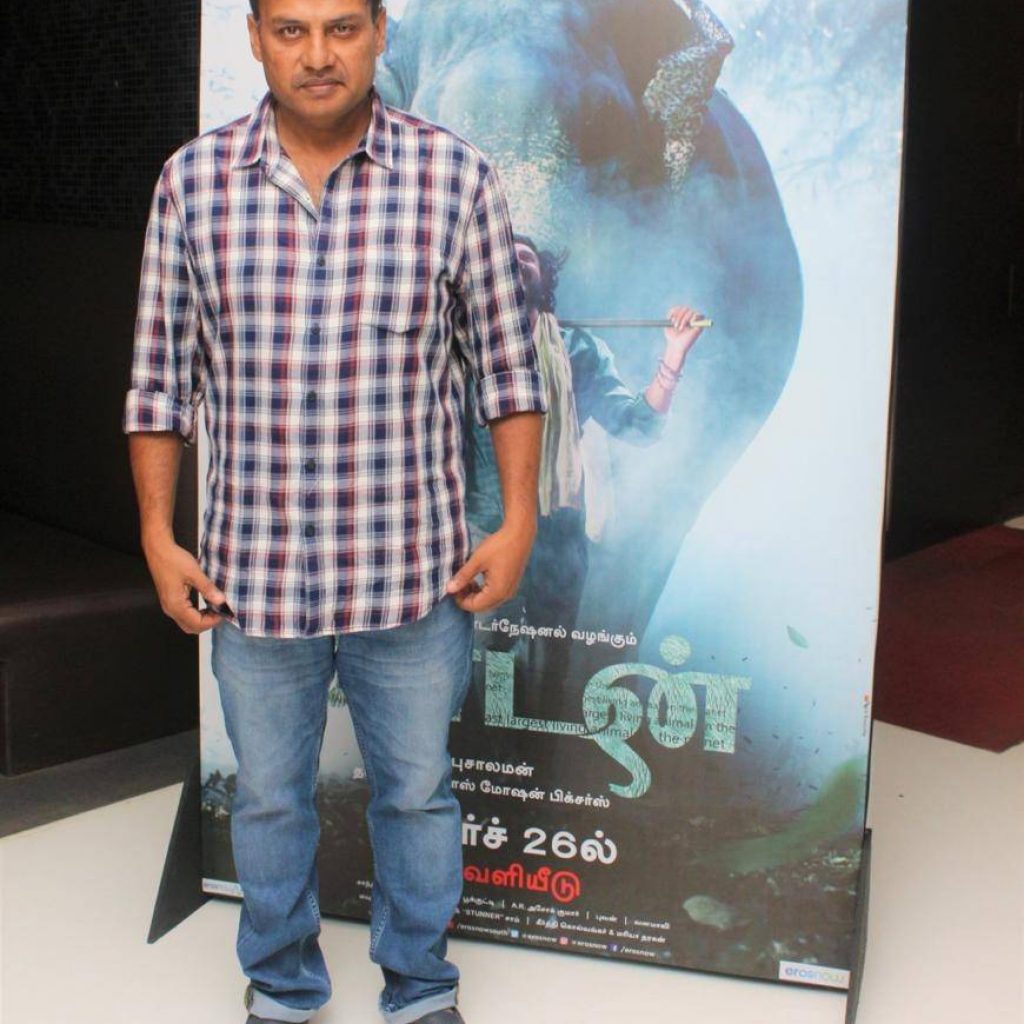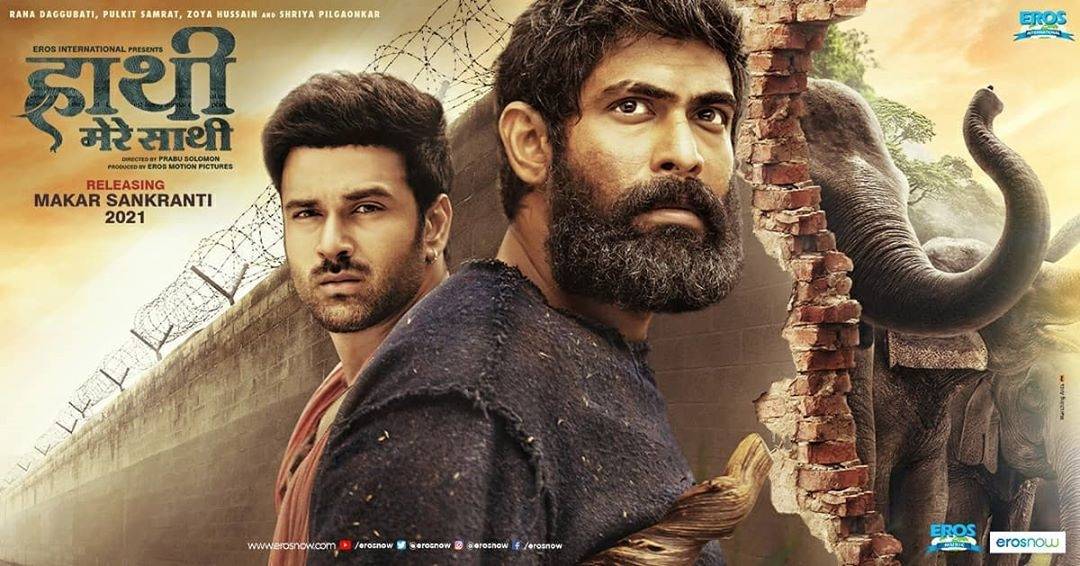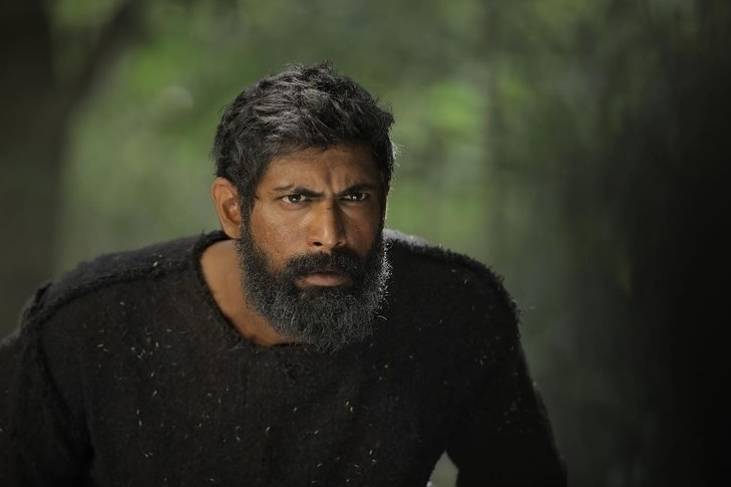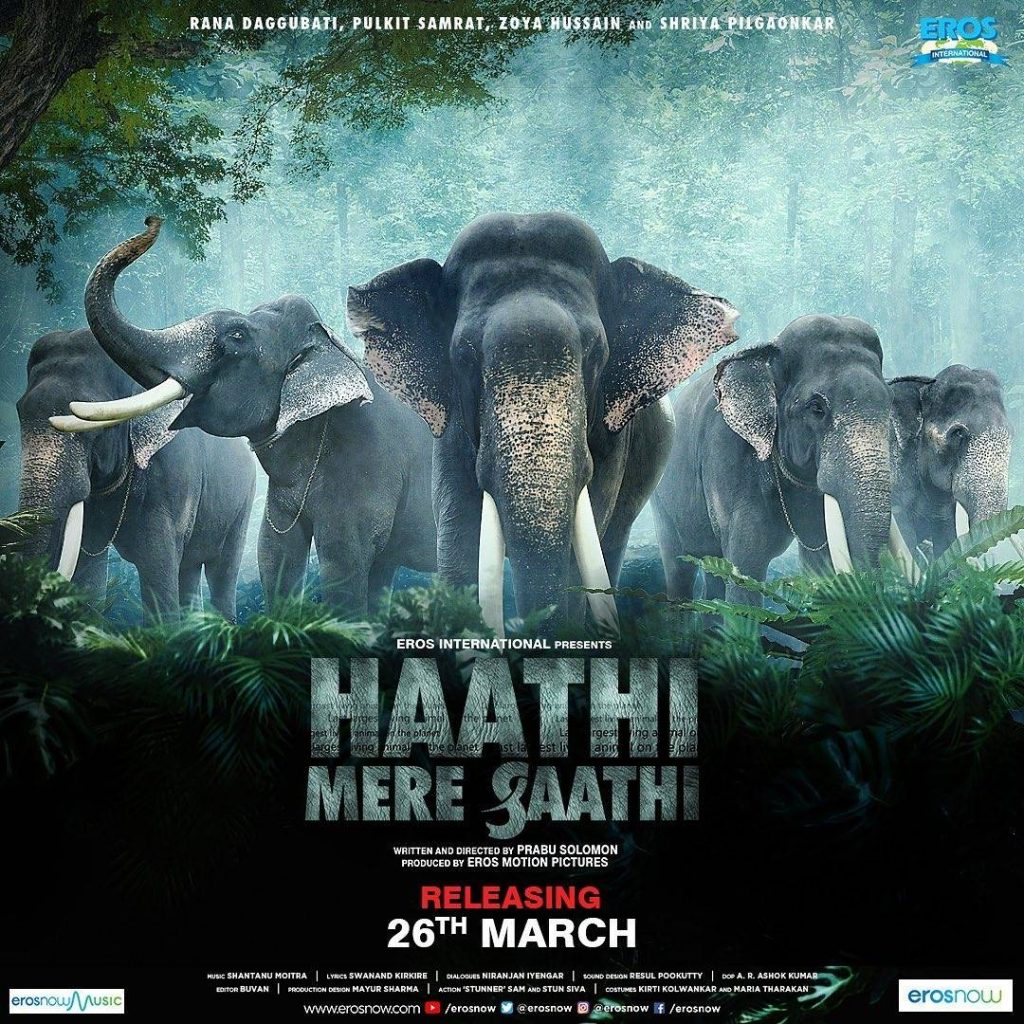Elephants are a big part of the jungle. We have forgotten the importance of saving forests, elephants and the ecosystem…Director Prabhu Solomon speaks with Yashika Mathur.
‘Mynaa’ and ‘Kumki’ are enough films to recognize director Prabhu Solomon. His trilingual film “Haathi Mere Saathi” stars Rana Daggubati, and is scheduled to release across India on March 26. He believes that as a storyteller he shouldn’t tell stories that are cliched.
“As a filmmaker I want to do something useful for society. I don’t want to be a cliched filmmaker, showing a guy fighting for love, society or nation. Everyone has seen a lot of this, and there are many people to fight for that. What about animals and our ecosystem? Who is going to give a voice or be a voice to the jungle?” Prabhu raises concern, while speaking to us.
His film showcases a man’s struggle to save the forest and wildlife, especially elephants.
“Elephants are a big part of the jungle. We have forgotten the importance of saving forests, elephants and the ecosystem. The reason the pandemic happened reflects how we disturbed nature,” said Solomon.

The filmmaker’s biggest hit so far has been the 2010 romantic tragedy film “Mynaa”. He worked with elephants for the first time in his 2012 film “Kumki”.
Talking about his yearning to tell diverse stories, and how the idea of an elephant-centric film came to his mind, Prabhu says: “For me as a filmmaker, I must not do something that leaves me with similar kinds of scripts. I want to do something out of the box and when I was doing my Tamil film ‘Kumki’, I did my research on stories about elephants. I wanted to one day do a story properly on what is happening with these animals in India. This seemed the right time for ‘Haathi Mere Saathi’ to come out. It is really a big experience to do a film with elephants.”

Also Read-COVID-19: Release of Rana’s ‘Haathi Mere Saathi’ pushed indefinitely
Actor Rana Daggubati plays Bandev in the film, which will be released in Tamil, Telugu and Hindi language. For Prabhu, working with the actor was an easy task.
“Rana was a good friend. He met me one day and we planned to do a movie together. He is a down-to-earth human being and for this kind of the film it is important that there is no attitude, and that was a good thing about Rana. He was very passionate about the character and it was very easy for me to work with him,” shares the filmmaker.
Any plans to direct an out-an-out Hindi film? “As of now, it is all about ‘Haathi Mere Saathi’. It is a pan-Indian film. I feel that the Hindi audience will really like it because they will see a film with elephants after Rajesh Khanna’s ‘Haathi Mere Saathi’,” he says.
The film also releases in Tamil as “Kaadan” and in Telugu as “Aranya” on March 26.
Also Read-‘Art of cinema unites across languages’
Read More-Kriti plays famous ‘Bella Ciao’ on piano



